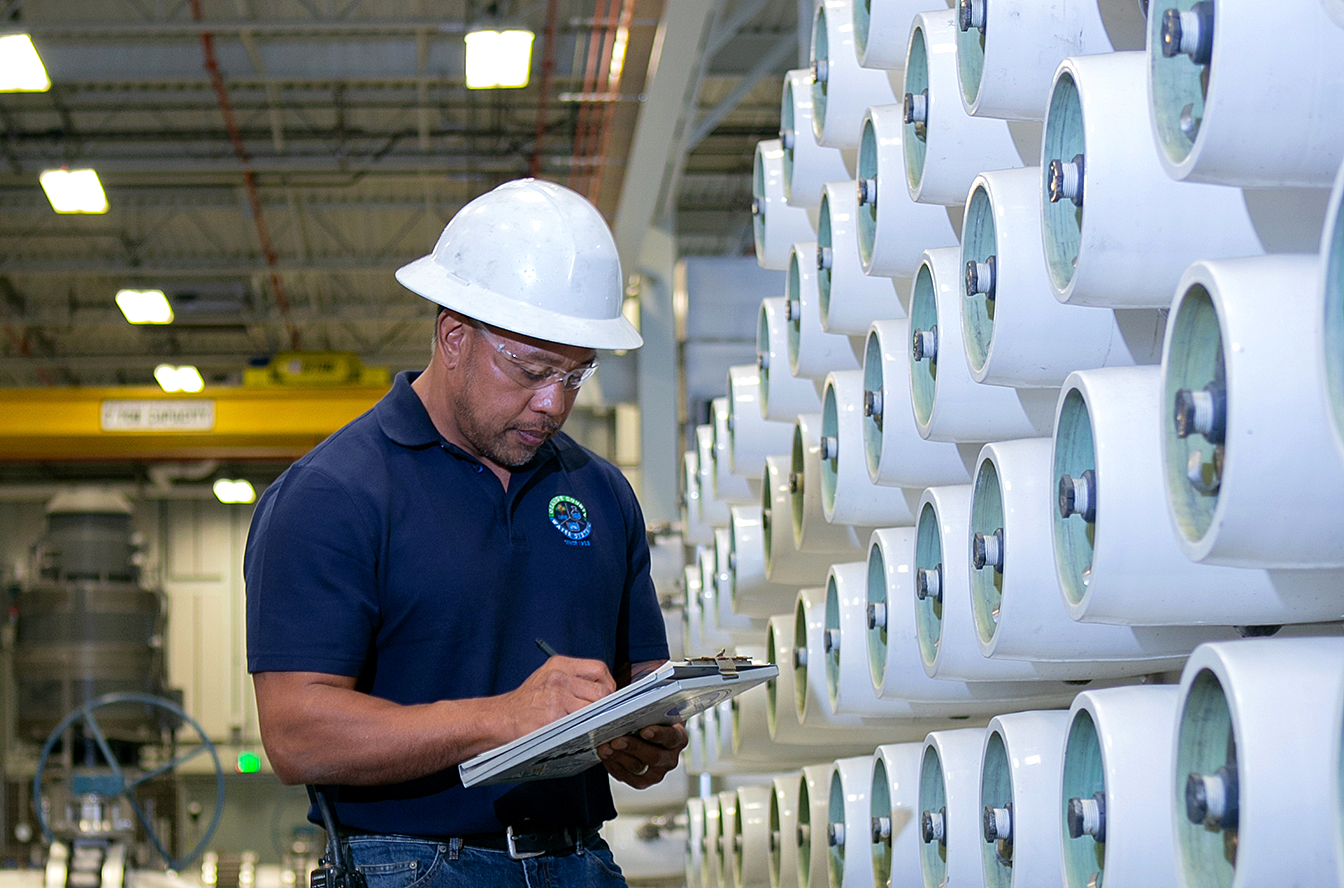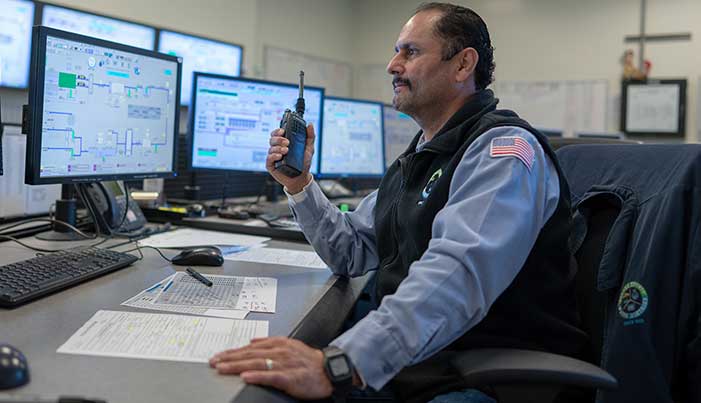DATE: Monday-Thursday, July 29 to August 1
TIME: 8:00 am – 5:00 pm
LOCATION:
Edward C. Little Water Recycling Facility
1935 S. Hughes Way
El Segundo, CA 90245
PRICING:
$510 for AWWA Members
>> CWEA members contact the CA-NV AWWA offices to register and receive the AWWA members rate.
$615 for Non-members
Register on the CA-NV AWWA website >
AWT Workshop
This four-day AWT workshop will cover the various steps necessary to go from wastewater to pure water.
The specific areas will include water reuse, Indirect Potable Resue (IPR), brackish water treatment, desalination, surface water augmentation, groundwater recharge and best available technologies for specific water problems. It will cover the concept of a multiple barrier approach to water purification.
These barriers include disinfection, physical separation and other advanced processes. It will also cover the supporting technologies used in advanced water treatment including Ion exchange, Granular Activated Carbon (GAC), Iron and Manganese Removal, Chlorine and Chlorine Dioxide, Biofiltration, Ozonation, Membrane Filters, Membrane Bioreactors, Reverse Osmosis, Ultra Violet Light, and Advanced Oxidation Process (AOP).
This workshop is not an AWTO certification review nor is it an AWTO design workshop but will help the participants learn the technologies and key points that can be applied to the AWTO exam in a broader sense.
Finally, we will be looking at some examples of advanced water treatment trains including The Orange County Water District Groundwater Recharge System (GWRS), various Pure Water Projects in California and the Edward C. Little plant which is producing 5 levels of water used for a variety of purposes. The workshop will also include a tour of the Edward C. Little facility to reinforce the material being taught.
This workshop is eligible for up to 32 contact hours.
Photo above: Michael Calabria, West Basin MWD – ECLWRF Sunset Aerial


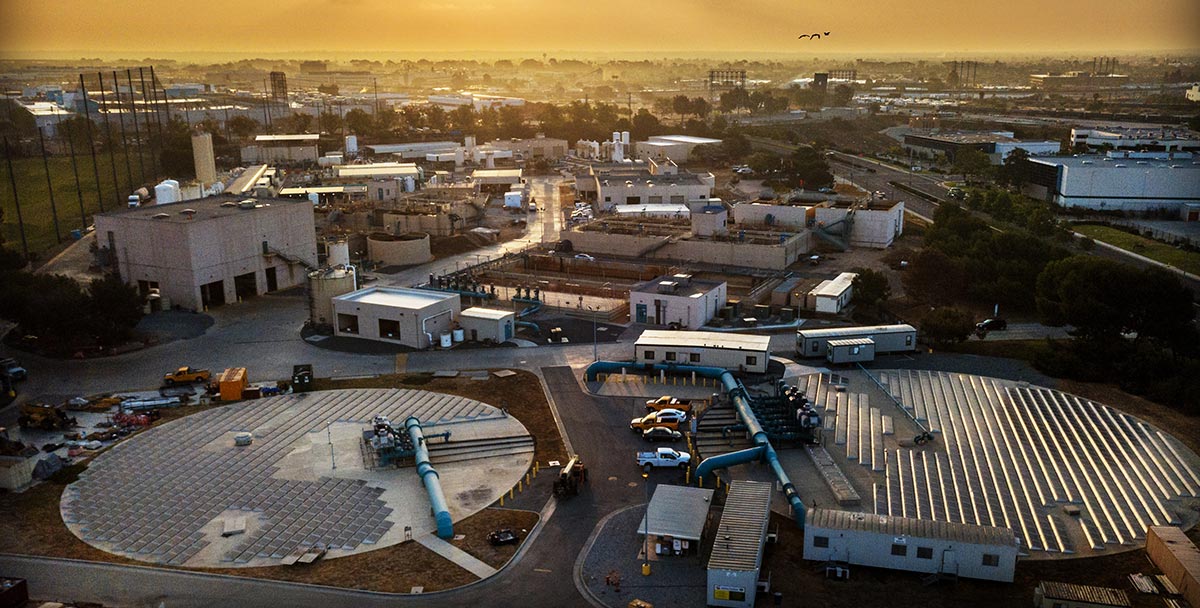
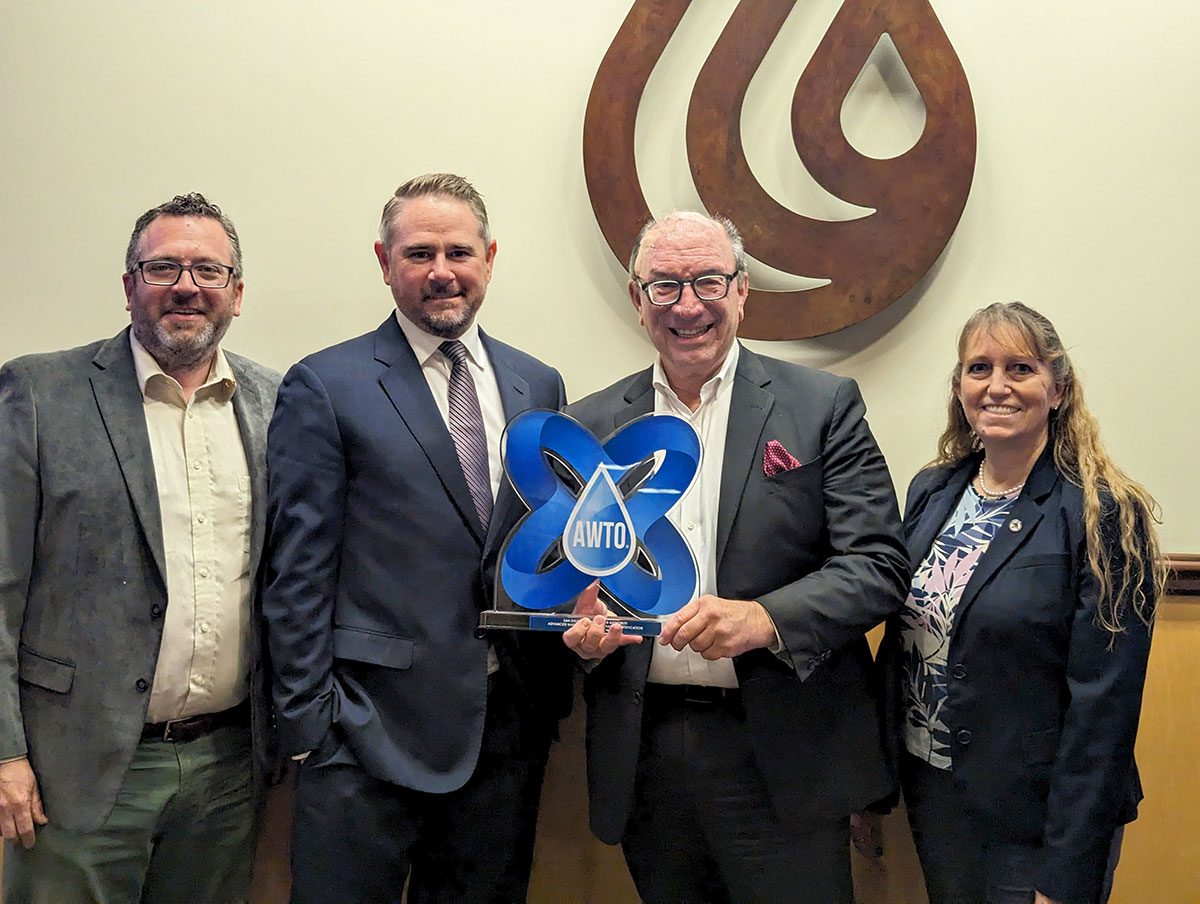
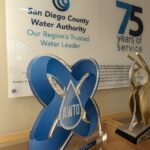
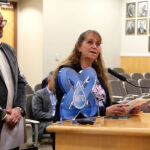
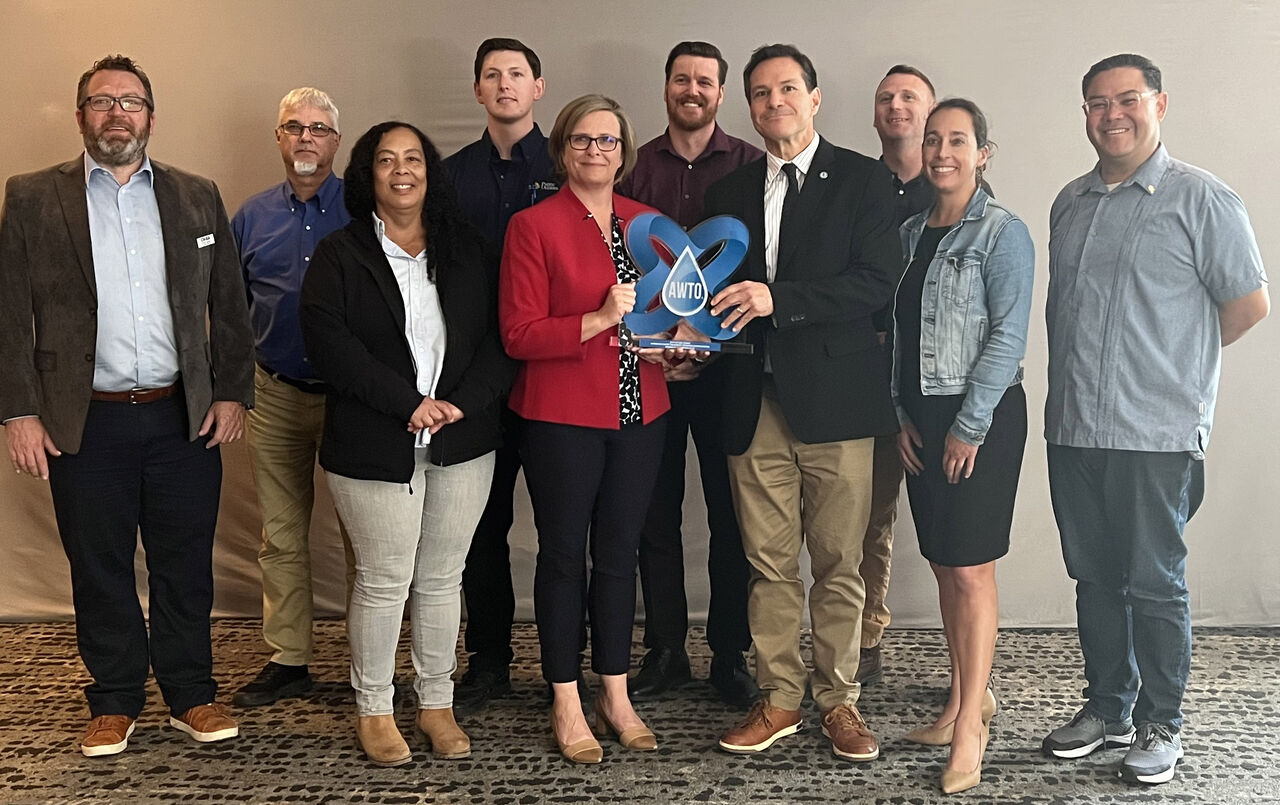

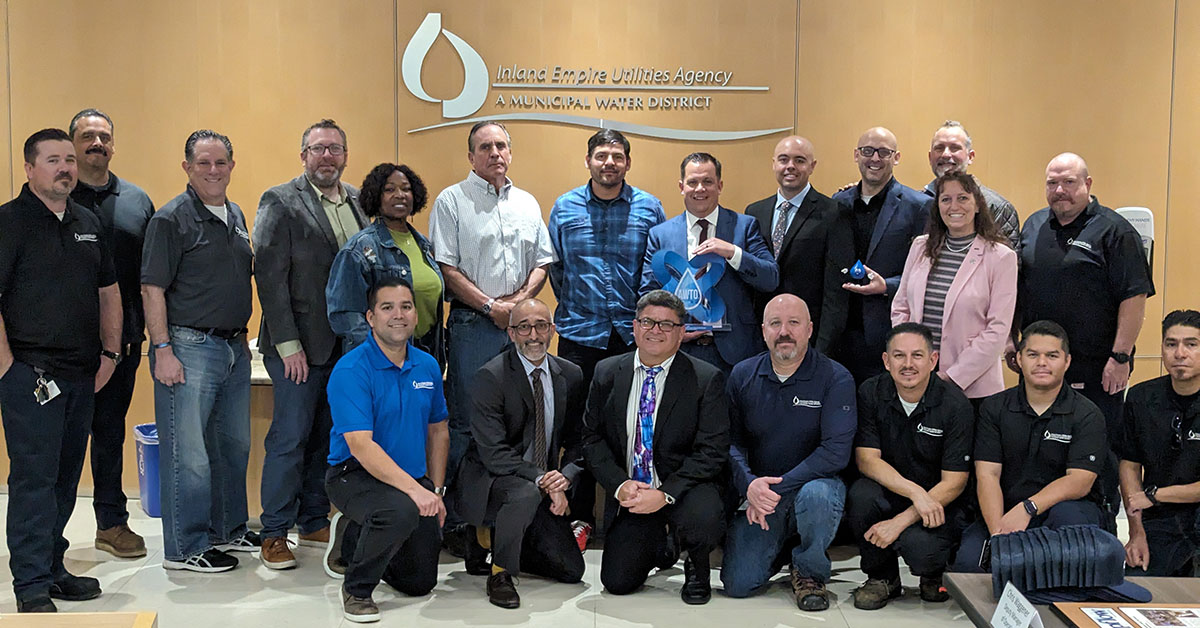
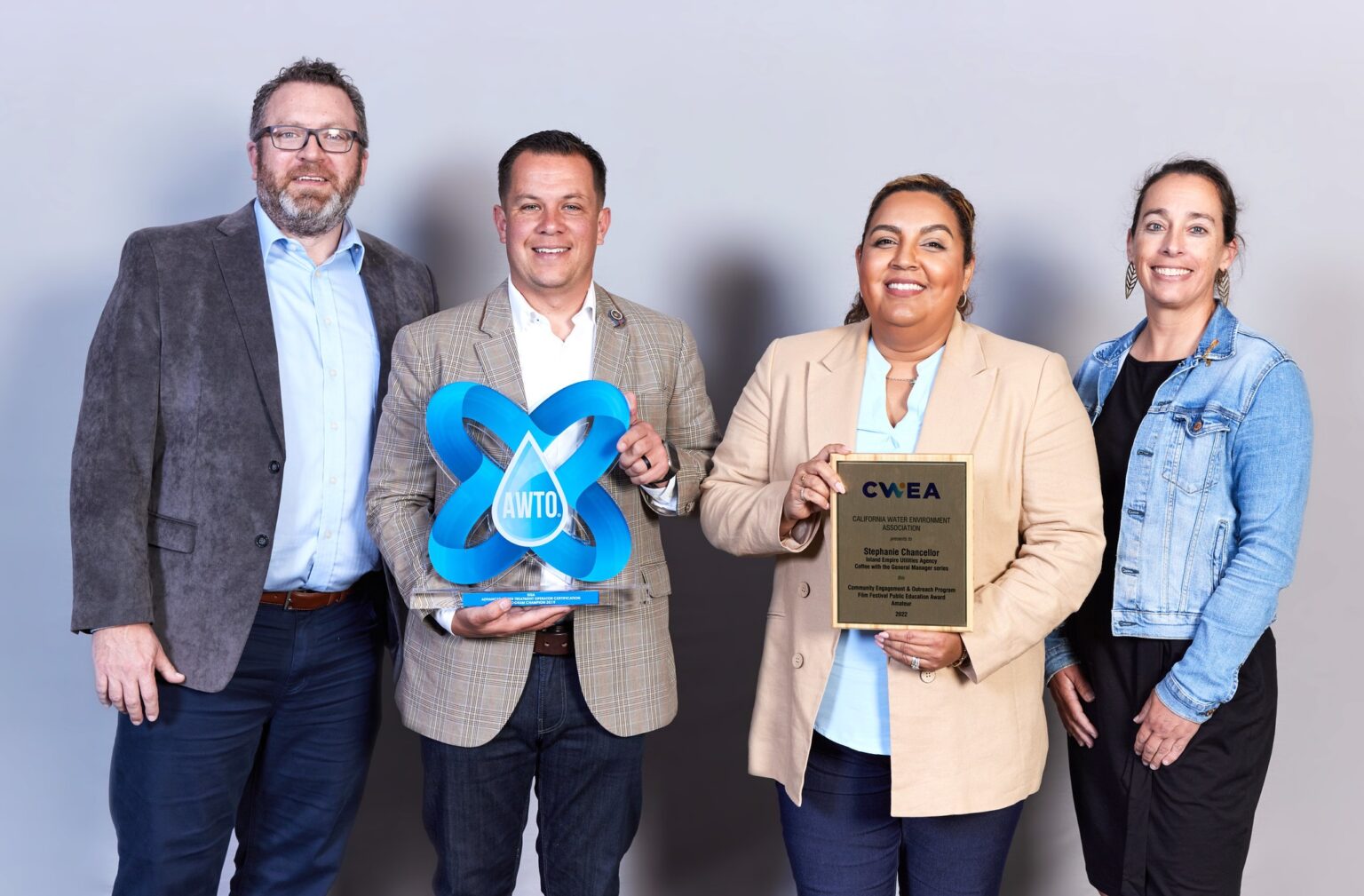
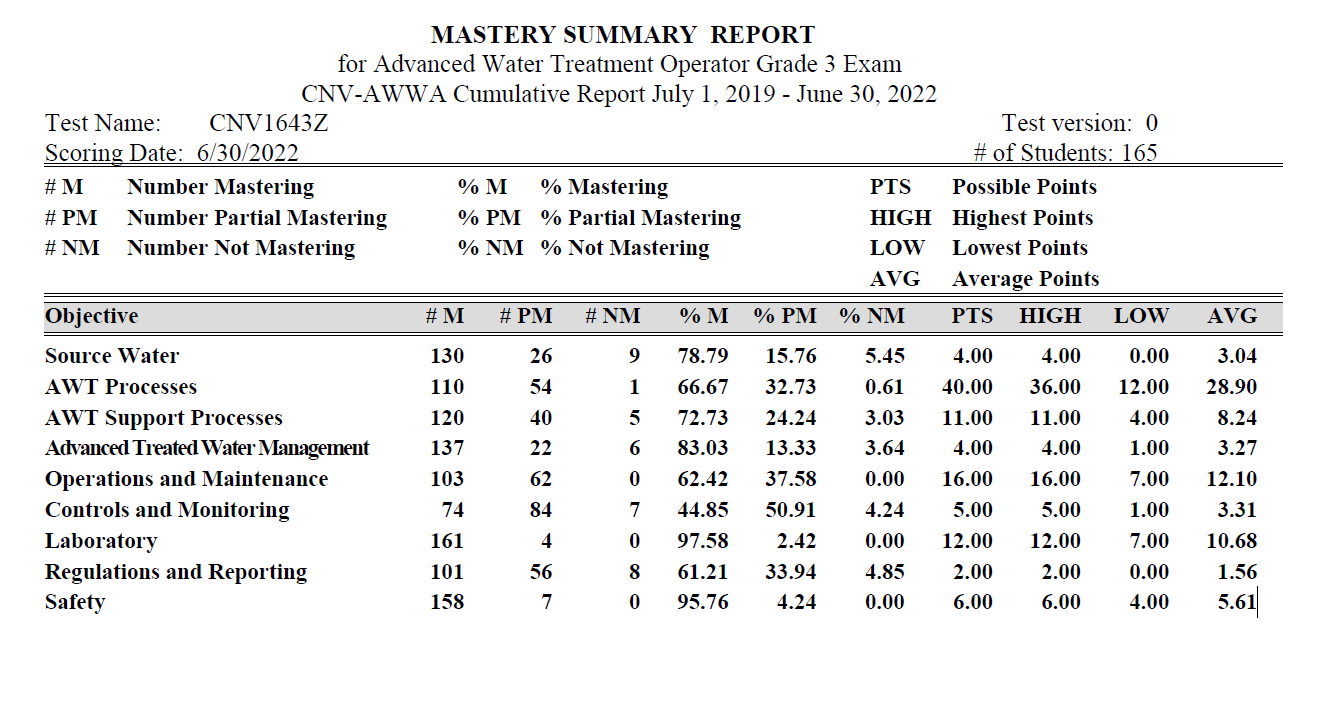


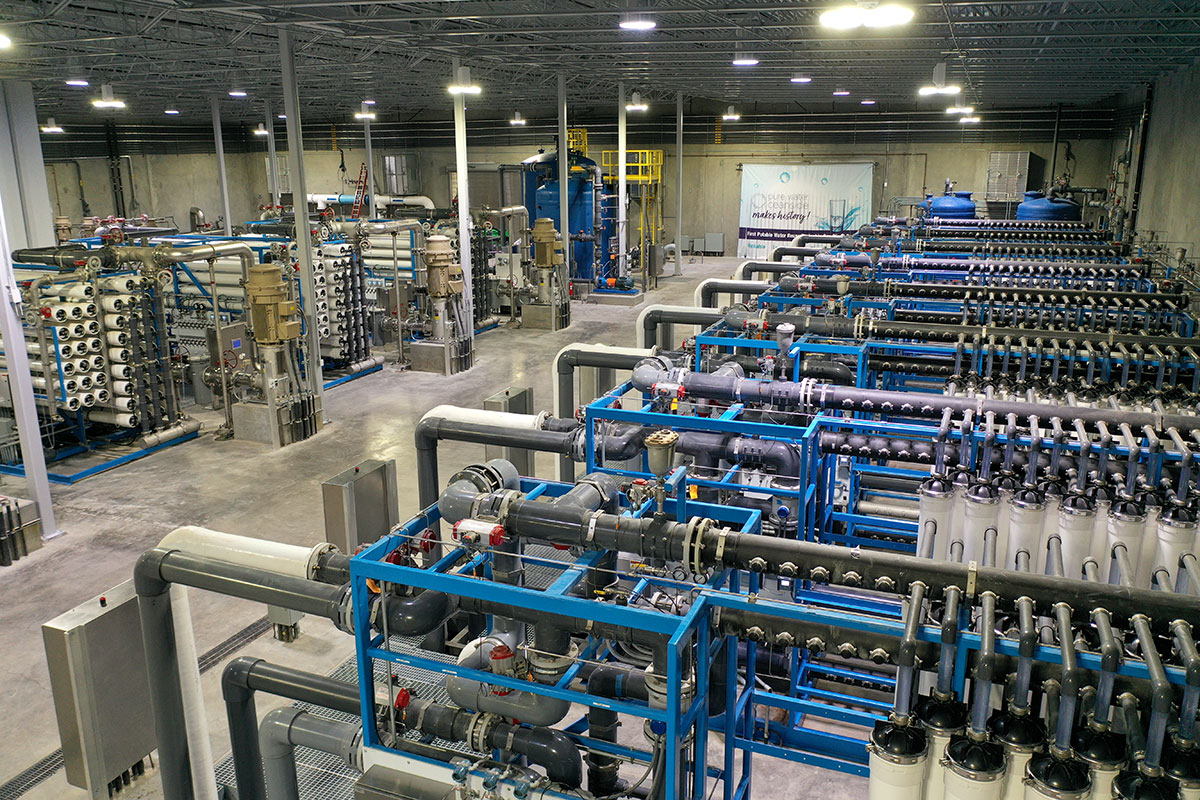
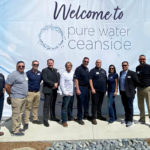
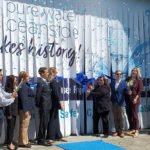
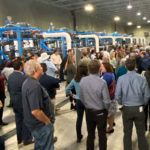
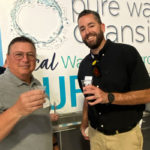
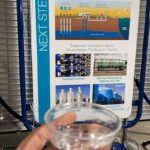
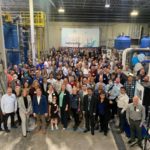
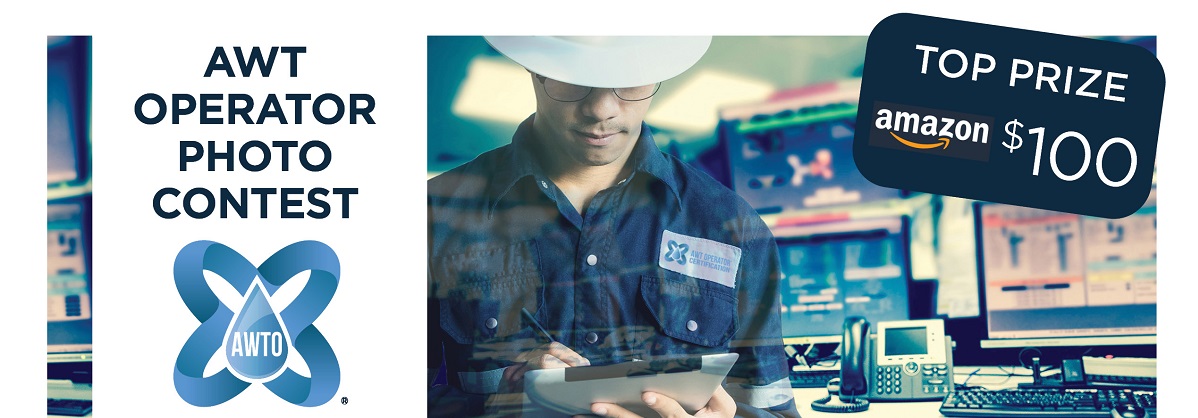

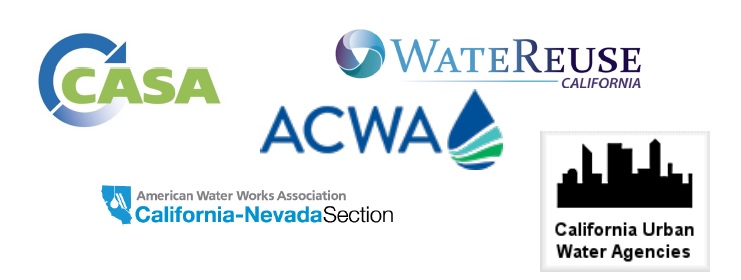
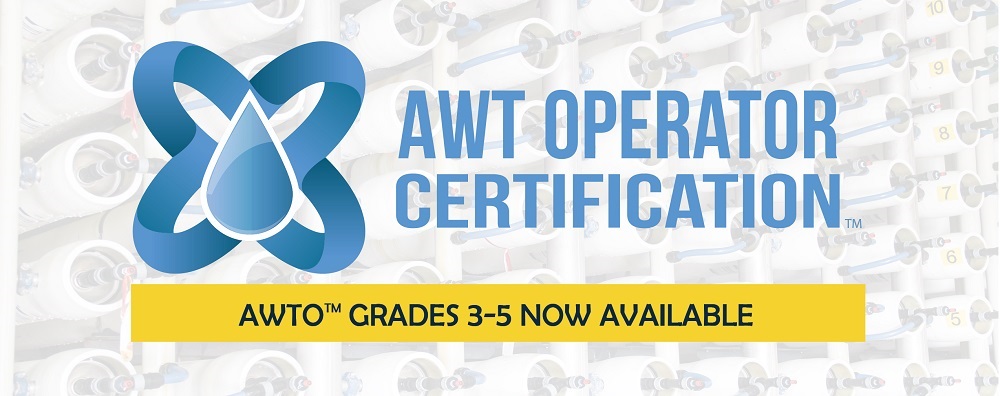
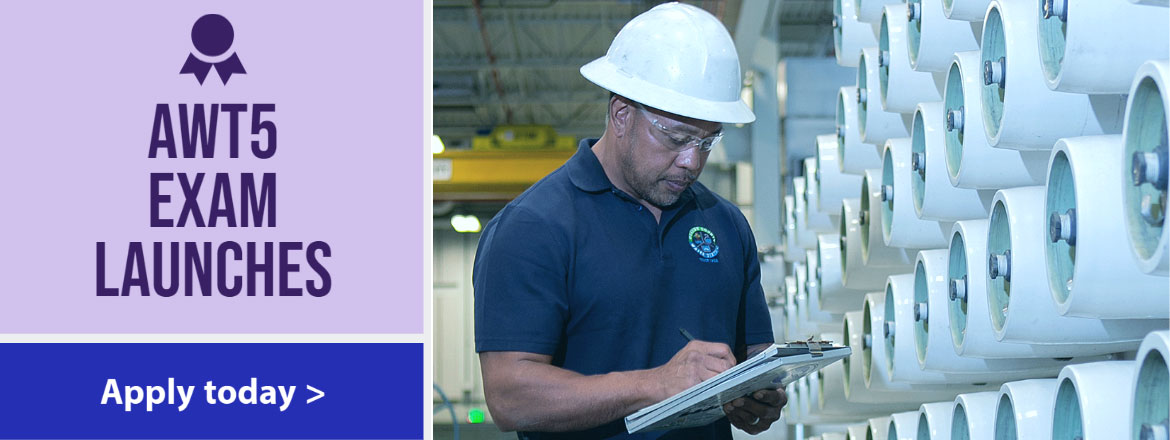
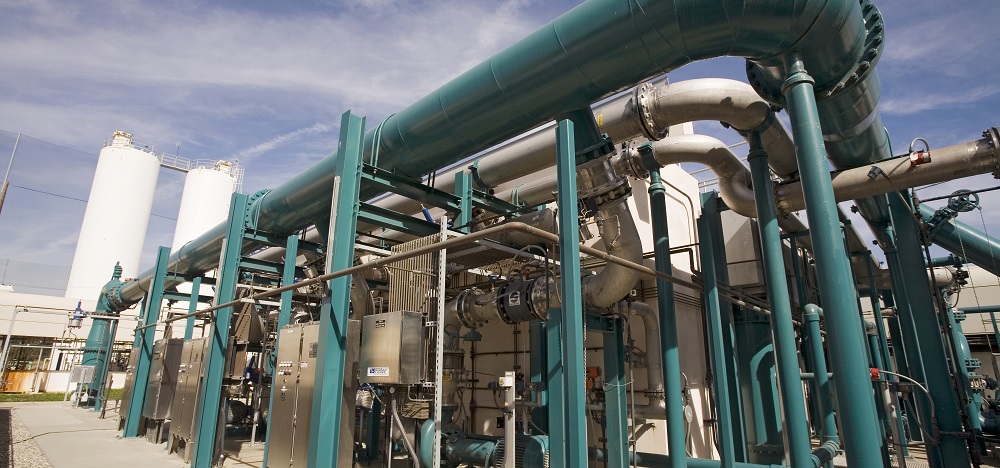
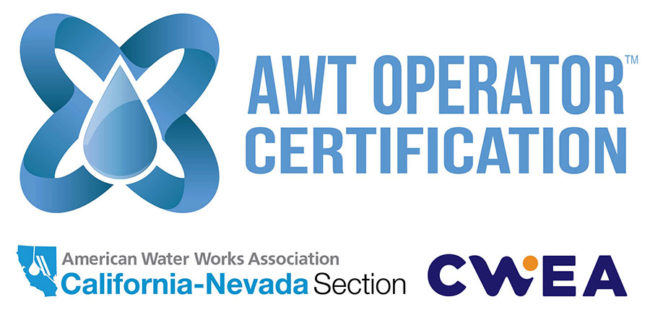
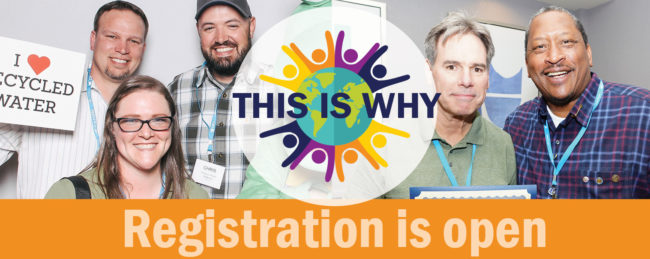
 Dr. John Rowe, California State University Sacramento
Dr. John Rowe, California State University Sacramento